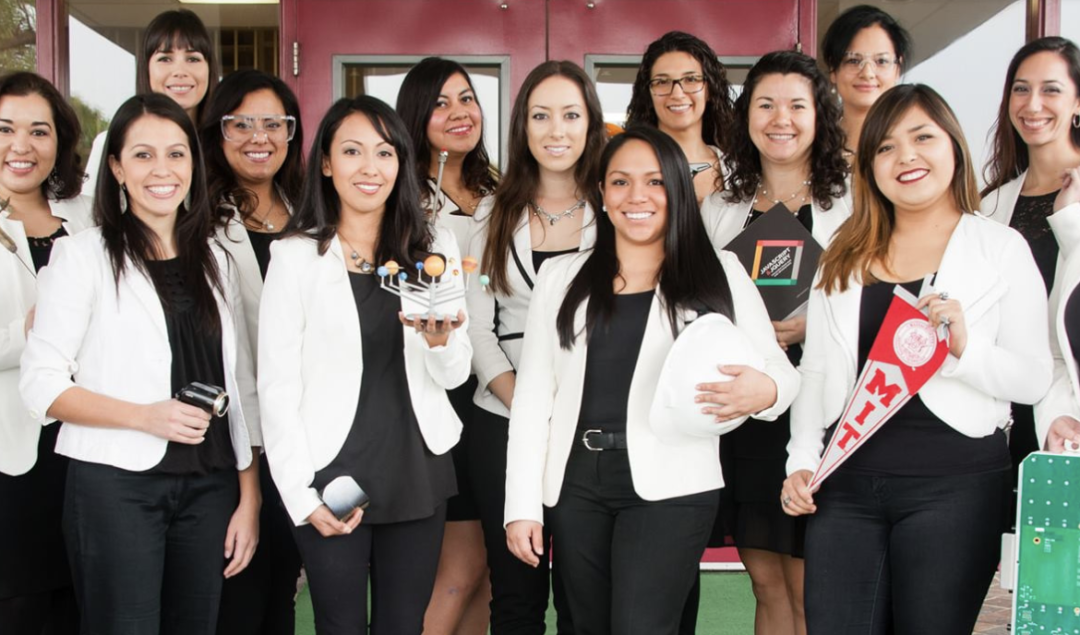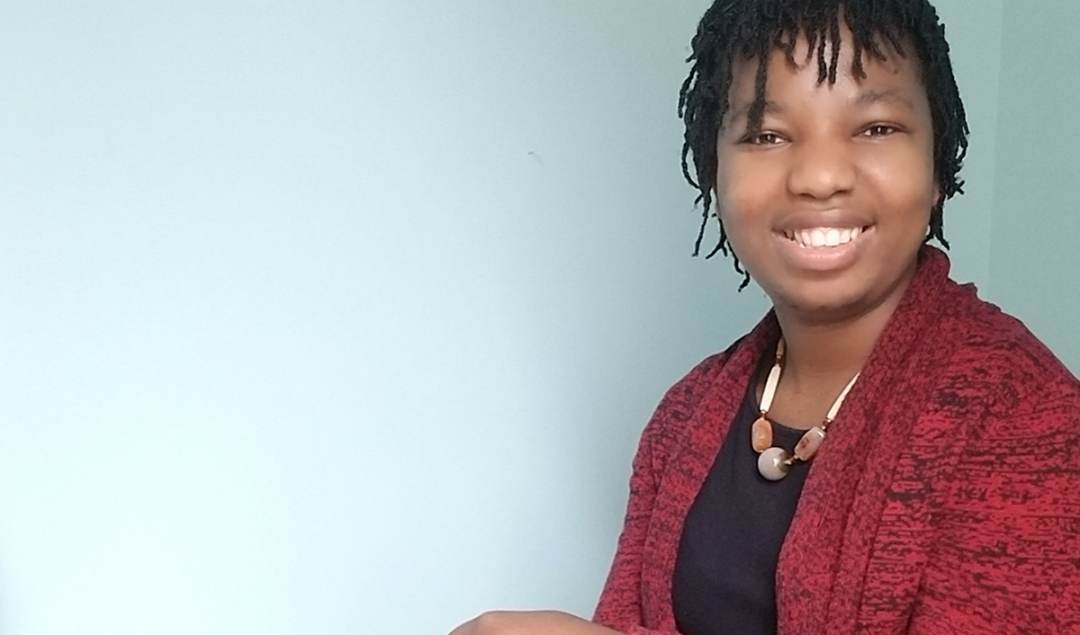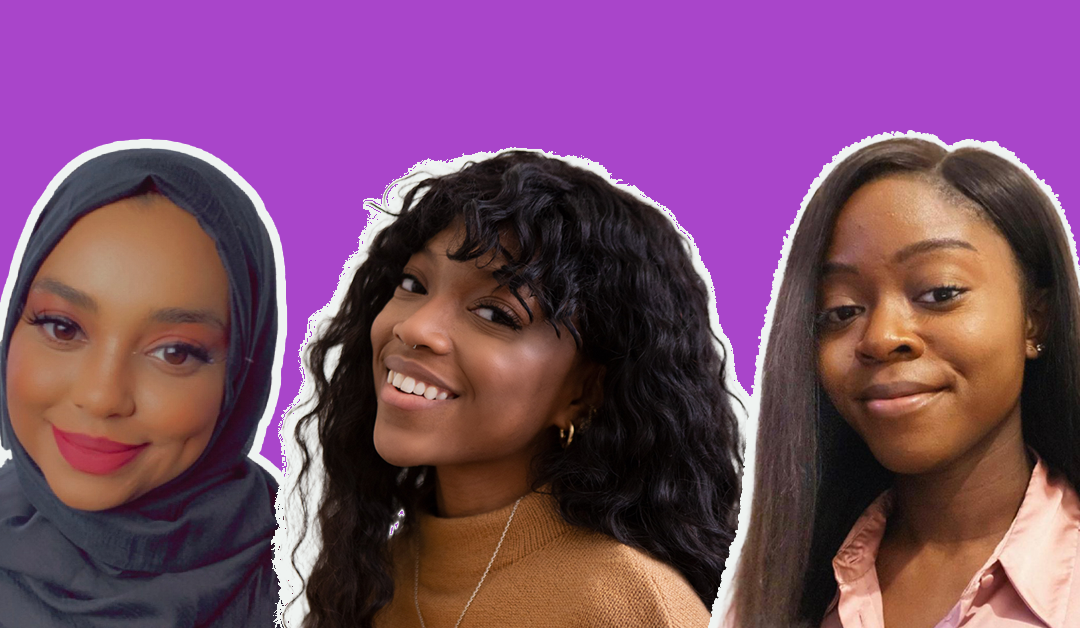According to U.S. Labor statistics, as of December 2020, the global talent shortage amounted to 40 million skilled workers worldwide. By 2030, the global talent shortage is expected to reach 85.2 million—сompanies worldwide risk losing $8.4 trillion in revenue because of the lack of skilled talent. But the reality is more complicated than just a shortage of developers. The problem also has a lot to do with how most companies hire developers. A 2017 Indeed survey found that 80% of U.S. tech managers have selected a candidate who has graduated from a coding boot camp
Across industries, there’s a growing demand and prevalence of mentorship programs, but for people of color who are carving their own paths, mentors remain difficult to find. Science, technology, engineering, and math (STEM) careers are among the most valuable, fastest-growing, and highest-paying in the country, yet Latinas account for only 3% of the industry. That’s why we want to make sure you have the right resources and knowledge to help you land your dream gig. Latinas in Tech was founded in 2014 by Gretel Perera and Rocío Medina with the hopes of creating
Looking back I was generally pretty good at school because to me it was a simple bargain. You go to this location every weekday, listen to someone older than you teach, then on your own time you optionally need to study the concept and apply them to tests. I was a straight-A student and it quickly became a point of pride for me and people who knew me. I was considered “smart”, but looking back I can see that I was mainly regurgitating facts and logic. Lucky for me, this
Black Tech Twitter is good for many things – from shining a light on the rising talent in the sector, helping members of the community land their dream jobs, to updating those who are keen to get into the industry on the latest events happening around the globe. But one thing it’s increasingly becoming well-known for is being a safe space to ask for advice and get “absolute gems” in return. Here at POCIT, we’ve broken down some of the latest advice from Black Tech Twitter this month. Just go
Cummins is hiring on pocitjobs.com A Technical Lead at Cummins, Munashe Mugonda’s interest in tech began in Zimbabwe. As a child, she grew up on a farm and always wondered if there was a better way to automate the repetitive tasks that her father did every single day. From a Farm in Zimbabwe to a College Scholar in The US “I’d ask my dad,” Munashe recalls, “Is there no machine that we can instruct to do these things that we are doing over and over again?’ I was always trying
As of 2019, according to a report by the Nation Center of Women in Technology and Information Technology, Black women make up 3% of the computing jobs in the United States. While there are many aspects that come in to play, such as having the access and resources to learn or having a psychologically safe work environment to thrive in, a big factor can also be attributed to not having enough resources to feel that they can be successful as a Software Developer. Today we’ve put together a list of
Meet these amazing coders, their tech journey and how they learned to code without breaking the bank! Meet the coders Temi, Software Engineer & Founder Temi is a Software Engineer at a start-up in London and the founder of Simplex Code, an educational tech platform that aims to make technical concepts simple and industry information accessible to those interested in pursuing a career in technology. TEMI: I made the decision last year to fully commit to learning how to code by taking part in the 100 days of code challenge.
Subscribe to the Techish Podcast on Apple Podcasts, Spotify, And Other Platforms. This episode of Techish is a career special: Abadesi and Michael discuss: Should I have a side hustle? I want to become a product designer but do I need to know how to code? My boss is bothering me now that we are remote! Extras: Techish on Patreon: Advertise with Techish: Please rate and review the Techish podcast
Two years ago, I decided to radically change my career from nonprofit STEM education to software engineering. I had no background in coding, outside of a single programming class in 7th grade and a little HTML when I was a teenager. I entered a coding bootcamp, Ada Developers Academy, in January 2018 and had full-time software engineering offers from two of Seattle’s tech giants in December of the same year. Being a nontraditional Black female software engineer, preparing for the interview process began as a terrifying and mysterious endeavor. Through much
TL;DR — This isn’t a self-promotional post about landing a job. It’s about embracing failure and hard lessons as a necessary part of the process in making a lofty dream become a reality. These days when people ask me how I’m doing, I would often ask if they’ve seen “The Pursuit of Happyness” because life for me is like the movie (mainly the ending). Through the pursuit of my own “happiness” — I learned valuable lessons in making a dream become a reality. Imagine celebrating your birthday with family and













